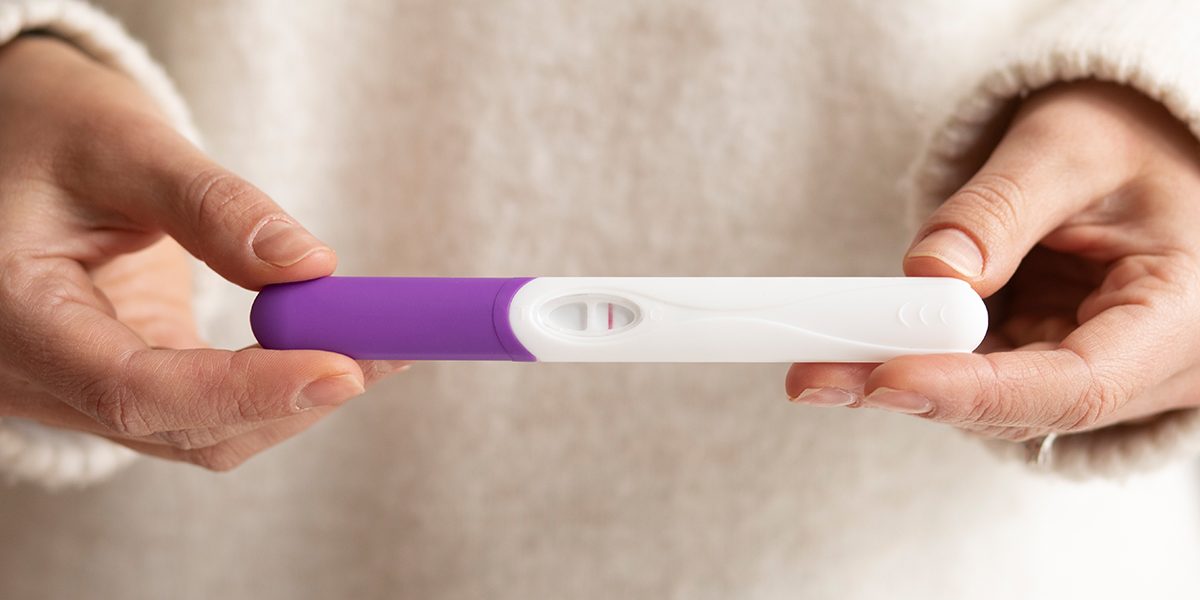(How it is related to pregnancy)
Pregnancy is a beautiful stage of life for many couples. You start to imagine a lot about your future baby as you prepare for pregnancy. When you confirm your pregnancy, you may have heard a lot about the hCG hormone, but you may not be completely familiar with it. This blog will help you understand what is hCG hormone in detail.
What is hCG hormone?
During pregnancy, the placenta produces a hormone called human chorionic gonadotropin (hCG), which is essential for fetal development. It is usually found when you’re pregnant hence commonly called pregnancy hormone.
The placenta starts to grow and begin to release hCG when a fertilised egg implants in the uterus. This hormone aids the growth and development of the embryo by stimulating the production of various other hormones like progesterone and estrogen. Moreover, the level of hCG in your blood reveals your pregnancy and the health of the unborn baby.
What kinds of hCG pregnancy tests are provided?
Normally, the hCG hormone serves as a marker to detect pregnancy. A pregnancy test detects the presence of hCG in a woman’s urine or blood.
Urine test
The most common and convenient sort of pregnancy test is a urine test which can be done by pregnant women in their home itself. The urine tests are usually done with a kit and it will look for hCG levels in your urine.
Blood test
Blood tests, which come in both quantitative and qualitative forms, are another option for confirming pregnancy besides urine tests. The exact amount of hCG in a woman’s blood is examined and determined by a quantitative blood test. Whereas, a qualitative blood test merely determines whether the hCG hormone is present in a woman’s blood.
HCG levels in pregnancy
The accuracy of the hCG hormone level can differ from woman to woman. The hCG levels typically increase in the first few weeks following conception and then multiply later every 48 to 72 hours in a healthy pregnancy. Further, hCG levels reach their peak at the end of the first trimester and then begin to steadily fall.
To track the progress of the pregnancy and rule out any potential problems, doctors usually analyse changes in hCG levels over time and may carry out additional tests like ultrasound scans.
What does Low-level hCG mean
A low level of hCG by gestational age indicates
- Miscarriage
- Ectopic pregnancy
- Miscalculation
- Blighted ovum
What does high-level hCG mean
A high level of hCG by gestational age indicates
- Multiple pregnancies
- Molar pregnancy
- Miscalculation
To conclude
Thus, the hCG is a critical indicator of pregnancy. Unless you show indications of a potential issue, doctors rarely monitor your hCG levels on a routine basis. Further, if you are bleeding, having excruciating cramps, or have had previous miscarriages, a doctor may retest your levels.








